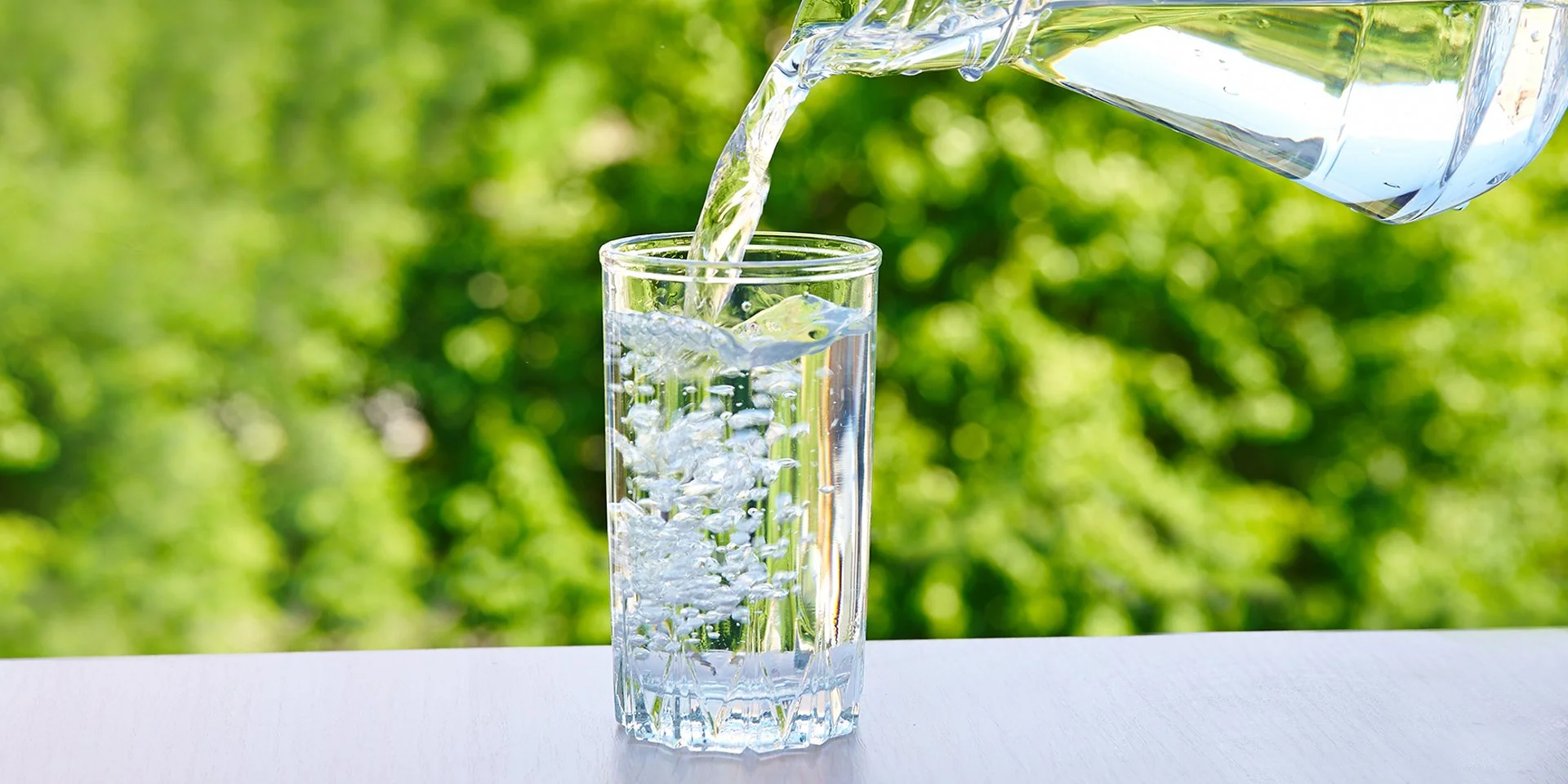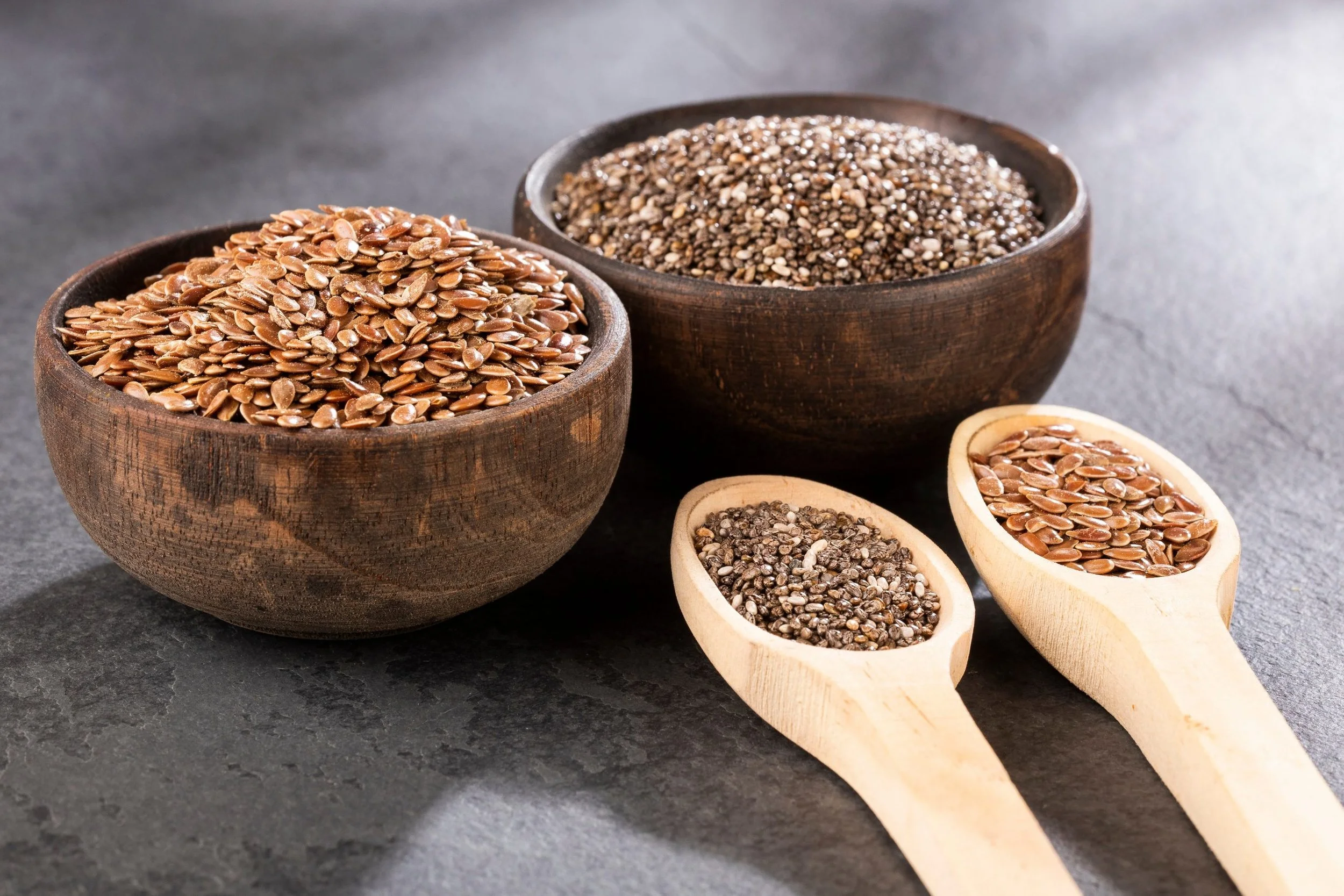Ready to Move on from Constipation?
Constipation is a challenging gastrointestinal issue that many of my clients struggle with, causing both physical discomfort and major frustration. To compound the issue, there's often a lack of understanding and support. It's crucial to recognize that constipation is a problem and should be treated with more than simple fixes like Miralax and prune juice.
While there's absolutely no shame in using medication to manage health issues, it's worth exploring natural approaches that can often resolve the issue instead of simply manage it. Constipation is common, but not normal. If you or someone you know is dealing with constipation or IBS, consider these strategies to alleviate the condition:
1. Hydration
When addressing constipation, one of the initial considerations should be about your daily fluid intake. Aim to consume half your body weight in ounces of hydrating beverages such as water and herbal tea each day. For instance, a person weighing 160 pounds should strive for 80 ounces of fluids daily.
Your body possesses a remarkable ability to recycle water from your gastrointestinal tract. If you fall short of this target, your body may absorb water from your large intestine, leading to uncomfortable constipation. Ensure that you meet this daily baseline of hydration before exploring other strategies.
Water intake is just part of the hydration equation. You also need to ensure that you have adequate electrolytes or the minerals needed to transport water into your cells. These minerals include sodium, potassium, magnesium, and chloride. I recommend a pinch of pink salt in your water or an electrolyte supplement like LMNT.
2. Fiber
Another fundamental approach to combat constipation is to fine-tune your fiber intake. Many individuals do not consume enough fiber, and it's worth noting that current dietary recommendations do not reflect historical human consumption, which featured higher fiber intake.
When increasing your fiber, avoid common mistakes such as relying solely on fiber supplements, neglecting proper hydration, consuming an inconsistent amount of fiber throughout the day, or introducing fiber too rapidly, which can lead to bloating and exacerbate constipation. Instead, try the following approach:
Focus on incorporating 6-9 servings of vegetables and fruits into your daily diet, naturally boosting your fiber intake.
Gradually increase your fiber intake by one serving per day over a few weeks to allow your body to adapt.
If additional support is required, consider adding food-based fibers like ground flax and chia to your diet.
Distribute your fiber intake evenly throughout the day, rather than attempting to consume it all in a single smoothie.
3. Slow Down & Chew
Improving the mechanics of digestion will impact constipation. Every time you eat, commit to the following:
Pause and focus on your meal. Take the time to observe, smell, and savor your food.
Take ten deep breaths before your first bite to shift your nervous system from "fight-or-flight" to "rest-and-digest" mode.
Chew each bite thoroughly, around 30 times, untit it’s completely liquid before swallowing.
Enjoy your meal and postpone distractions like checking your phone or returning to work until you've finished eating.
4. Herbs
Herbal remedies can offer gentle and effective relief from constipation, but it's crucial to exercise caution as "natural" doesn't always equate to "safe" or "gentle." Here are some recommended herbal supports:
Dandelion root tea and tincture, consumed in the morning and before bedtime.
Ginger tea or capsules, which can act as a prokinetic to enhance motility. MegaGuard from Microbiome Labs is one of my faves you can pick up on my Fullscript account at 15% off retail.
Digestive bitters tincture, taken 15 minutes before meals. Favorites are highlighted in Fullscripts.
Marshmallow root or slippery elm serves as a gentle bulk-forming laxative.
Exercise caution with the following herbal supports as they can be habit-forming and disrupt your body's ability to have unassisted bowel movements:
Senna-based laxatives
Smooth Move tea
Swedish bitters
Herbal laxative teas and formulas
5. Nutrients
Certain nutrients in supplement form can aid in alleviating constipation. Two noteworthy options are Magnesium Citrate and Vitamin C:
Magnesium Citrate: This supplement facilitates hydration of the stool, making it easier to pass. For most individuals, 200-400 mg before bedtime provides gentle, non-habit-forming support. Adjust the dosage based on your tolerance, gradually increasing to find the right balance for your body.
Vitamin C: Vitamin C attracts water, much like magnesium. Around 1,000 mg before bedtime can offer gentle overnight relief.
Bonus Tips to Try:
Elevate your knees above your hips on the toilet, creating the ideal anatomical position for bowel movements. A Squatty Potty or a small stool can help.
Space out meals by 3-4 hours to allow your migrating motor complex adequate time to move the contents of your GI tract.
Fast for approximately 12 hours overnight (e.g., from 8 PM to 8 AM), as this is when your migrating motor complex is most active.
Consider probiotics or prebiotics to support your gut microbiome.
Gargle water twice daily, following your oral hygiene routine, for about 30 seconds until your eyes tear up. This practice stimulates the vagus nerve, which influences motility.
Explore an elimination diet to identify potential food triggers.
If the strategies mentioned above do not yield results, it may be prudent to consider a GI-MAP test. You could be dealing with bacterial overgrowth or other gastrointestinal imbalances contributing to constipation. Clients at GreenMind have access to this testing; learn more here.
Always consult with your doctor or a trusted healthcare professional before making significant dietary changes or incorporating supplements or herbs into your routine, particularly if you have underlying health conditions, take medications, or are pregnant or breastfeeding. Your health and well-being are of utmost importance.







